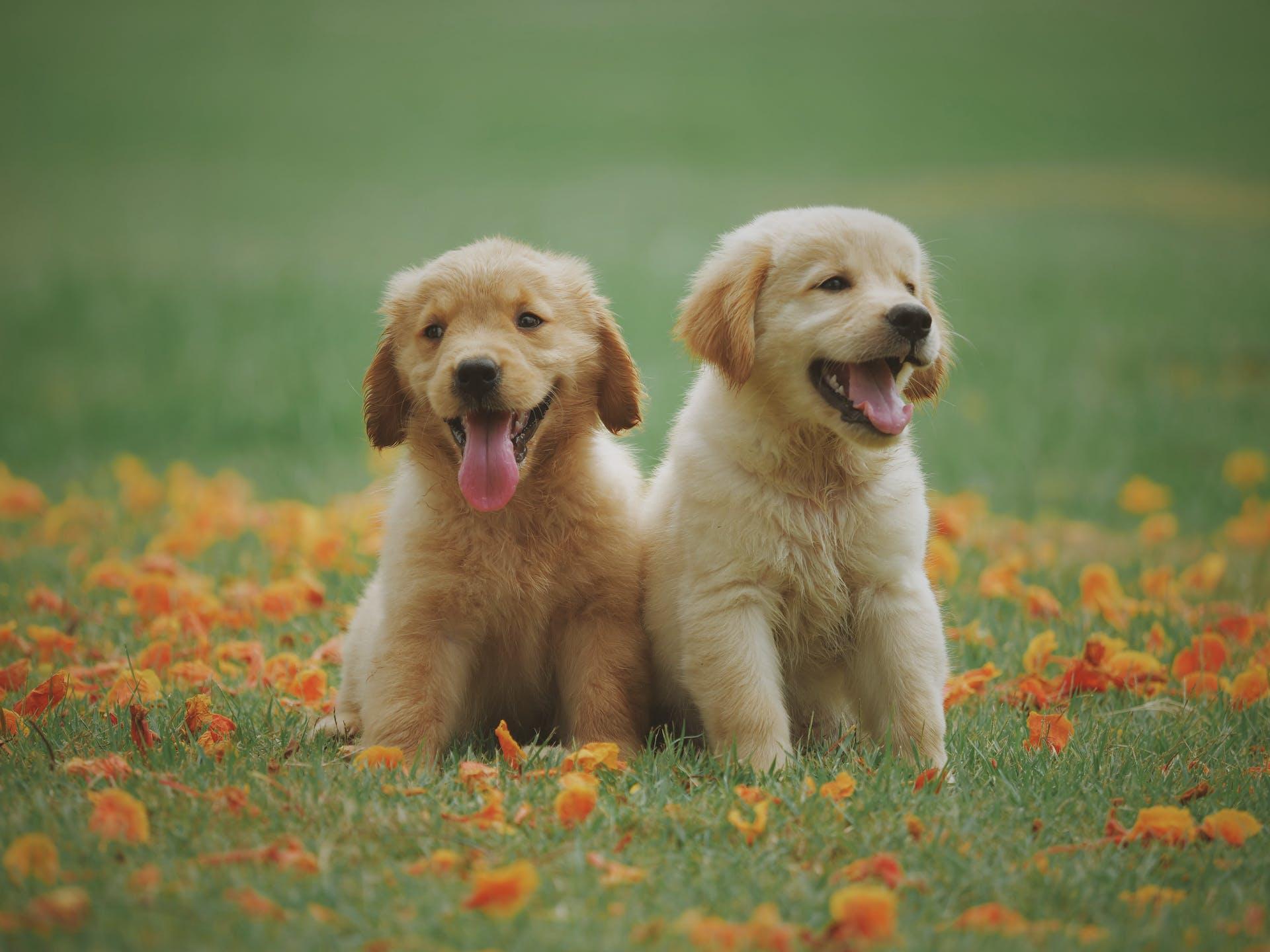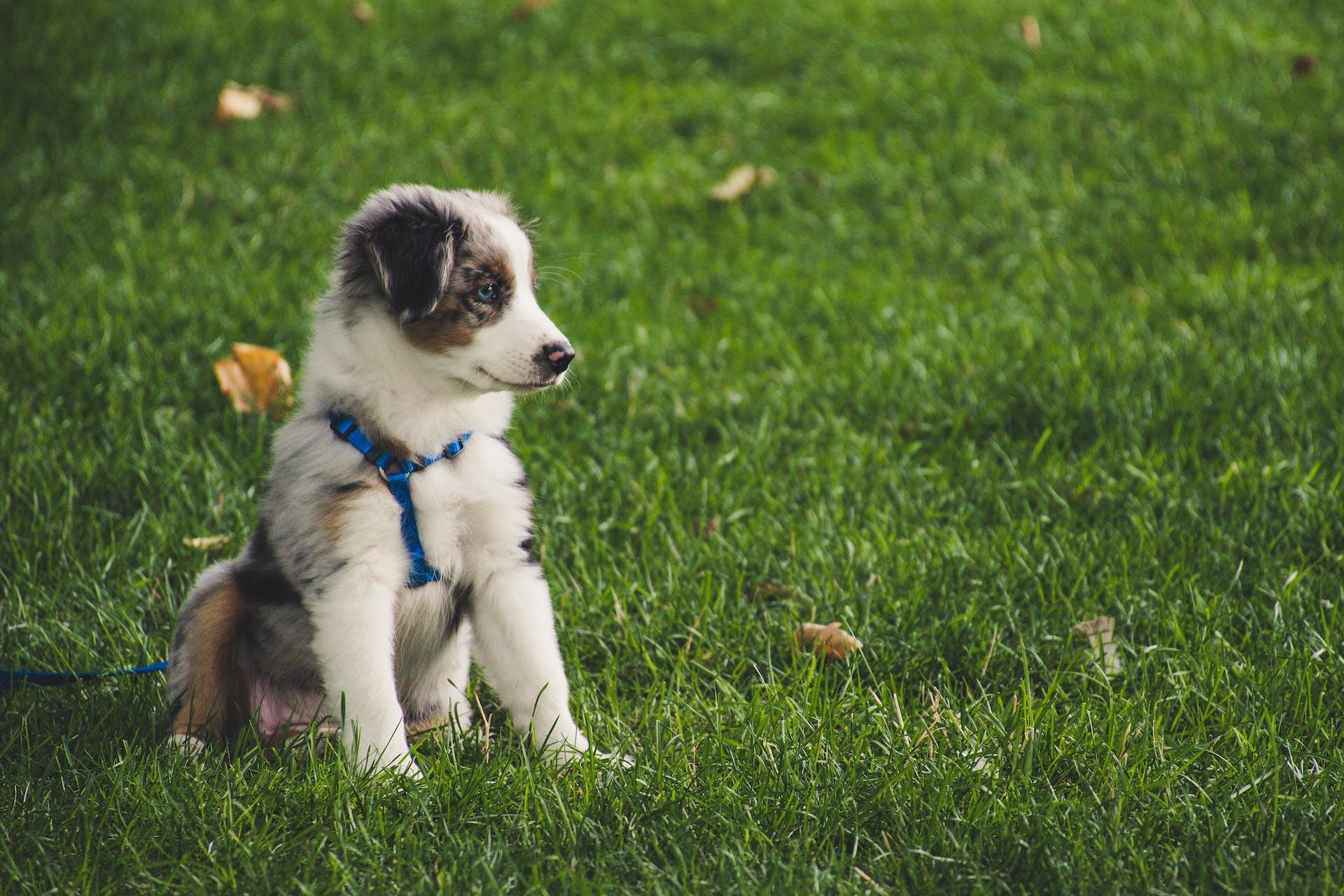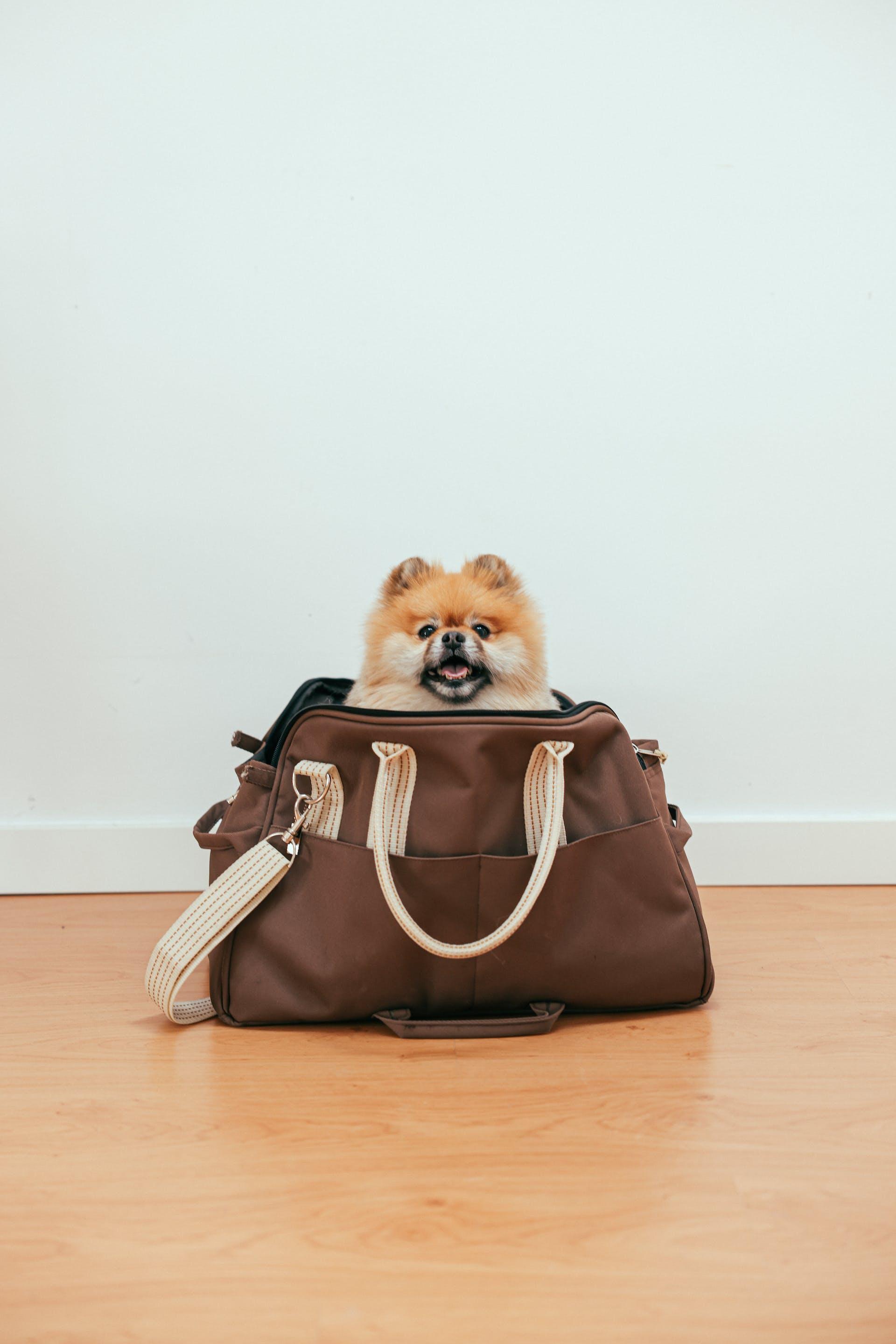It can be incredibly exciting bringing your new puppy home. You imagine your future together and all the fun things you want to do. You've prepared everything for their arrival, have their veterinary appointments booked and you are just waiting for them to come home. But the biggest hurdle lays just ahead that you may not even have considered: socialisation.

What is socialisation?
Socialisation is a term that is often misinterpreted. Most people just assume that it means meeting new dogs and new people. It is so much more than that. In fact, these things should be very low on the priority list. Between the ages of 3-12 weeks your puppy will go through an incredibly important phase of their development which sets them up for life.
This is when your puppy is learning how to interpret their new world. The smells, the noises, the sounds, the sights and everything in-between. This is the age you need to create as many positive associations to their world to help develop confidence and curiosity rather than fear and anxiety. So, selecting what you choose to expose your puppy too is incredibly important.

How should you socialise your puppy?
Creating a list of all the things your dog will experience throughout their life will help in narrowing down what will be the most important factors for you. As these expectations will change depending on your living environment. There are some common examples below of every day experiences that all puppies should be exposed to:
Objects:
- Mirrors
- Balloons
- Bubble wrap, plastic bags, and packaging
- Brooms
- Hanging flags
- Baby strollers
- Balls and Frisbees
- TVs
- Water (sprinklers, hoses, rain)
Sounds:
- Vacuum cleaners
- Dishwashers and laundry appliances
- Lawn mowers
- Cars
- Fireworks
- Storms
- Music
- Sirens
People:
- People of all ages, genders, races, and sizes
- Children
- Babies
- People wearing glasses, hats, coats, masks, etc.
- People using wheelchairs and other physical aids
- People making strange noises or acting in a typically unusual manner
Textures:
- Carpet
- Hardwood
- Tile
- Grass
- Dirt
- Sand
Taking your puppy to different environments they may become exposed to such as train stations, bus stations, cafes and town centres will allow them to become familiar with all the hustle and bustle these types of environments offer. Look out for any behaviours your puppy may display that indicates they are not comfortable. Do not punish your puppy for being afraid, instead remove yourself from the environment to a calmer quieter area for them to digest the information from afar until they feel safer. Offering your puppy lots of high value treats in these types of environments can help develop a more positive association to what’s around them.

Vaccinations aren't typically completed until around 16 weeks of age. Waiting until this point to start outdoor experiences will mean you miss this important socialisation window and you run the risk of your puppy becoming extremely anxious when the time comes for them to be safely outside.
There are methods you can put in place such as carrying your puppy, taking them in a stroller or putting them in a cart if you go into a dog friendly store. Not allowing your puppy to greet strange dogs is also very important in preventing them being possibly exposed to harmful viruses.

Advocate for your puppy
As enticing as it may be do not allow strangers to overwhelm your puppy, forcing your puppy to interact with people can cause them to develop a fear towards strangers, especially those that are very forward in their actions. That may mean you have to tell people, ‘no’ if they try or insist on touching your puppy. The same can be said for other dogs. Only socialise your puppy with dogs that are already vaccinated, are calm mannered, polite and of a similar size. Introducing your puppy to overly boisterous dogs that they cannot escape will teach them that dogs pose a danger to them and are something to fear.
Advocating for your dog will develop confidence and trust. Your puppy does not need to interact with 100 different strange dogs to be social, they need a few well-mannered friends that they can socialise with frequently and develop a relationship with. This means no dog parks. Yes, you read that correctly. Busy dog parks are the perfect place to develop behavioural issues and spread viruses and parasites.

